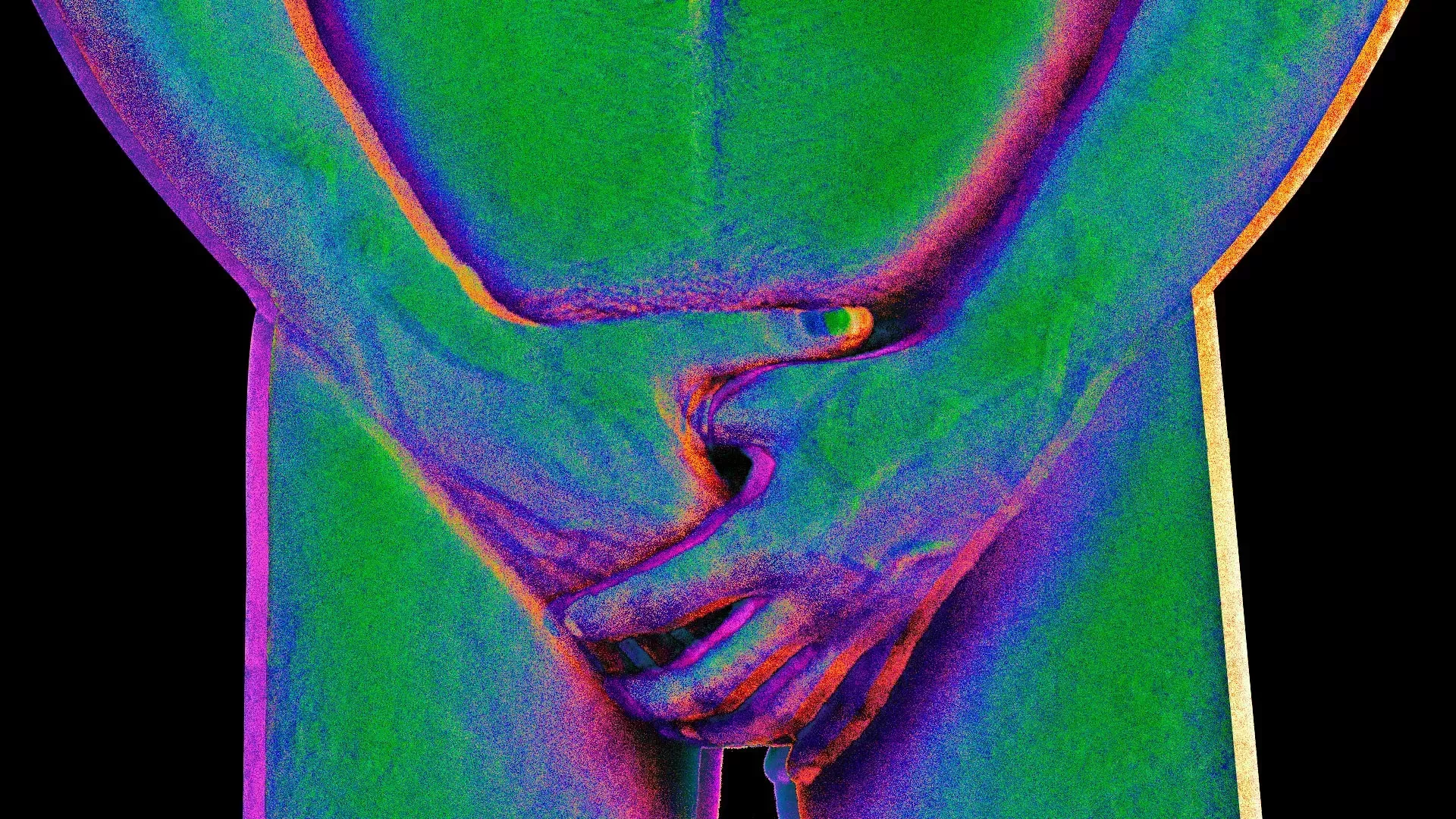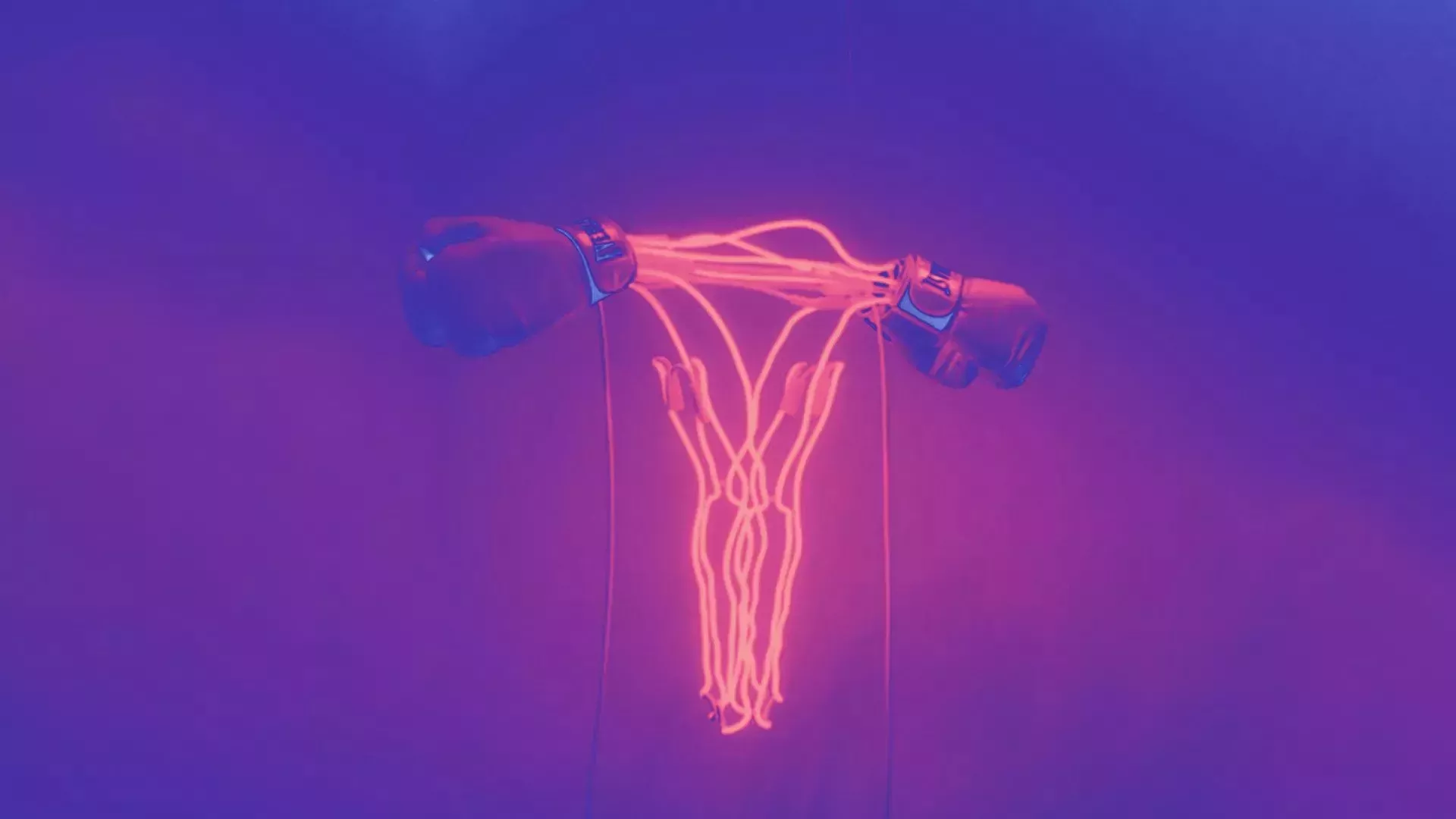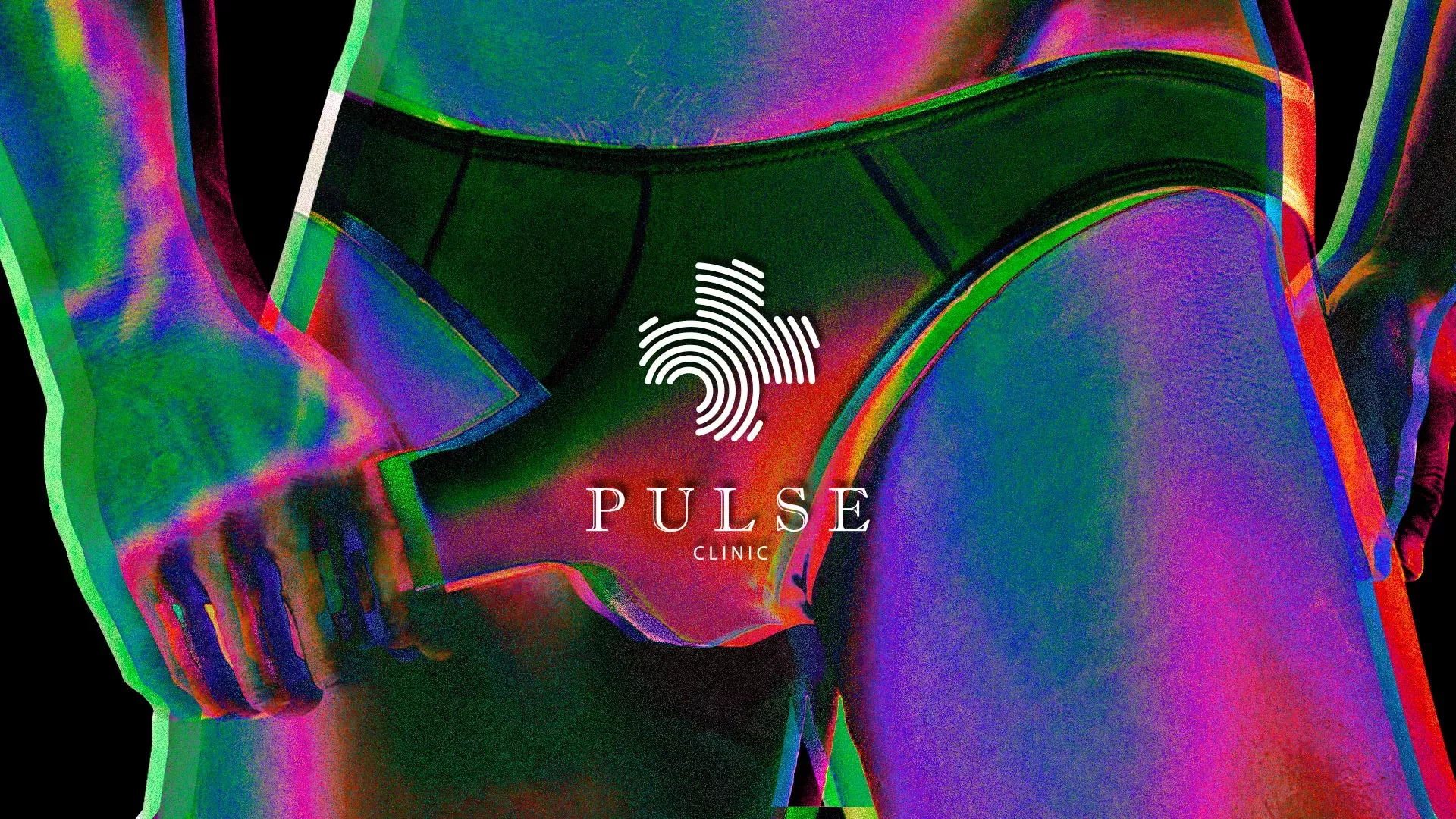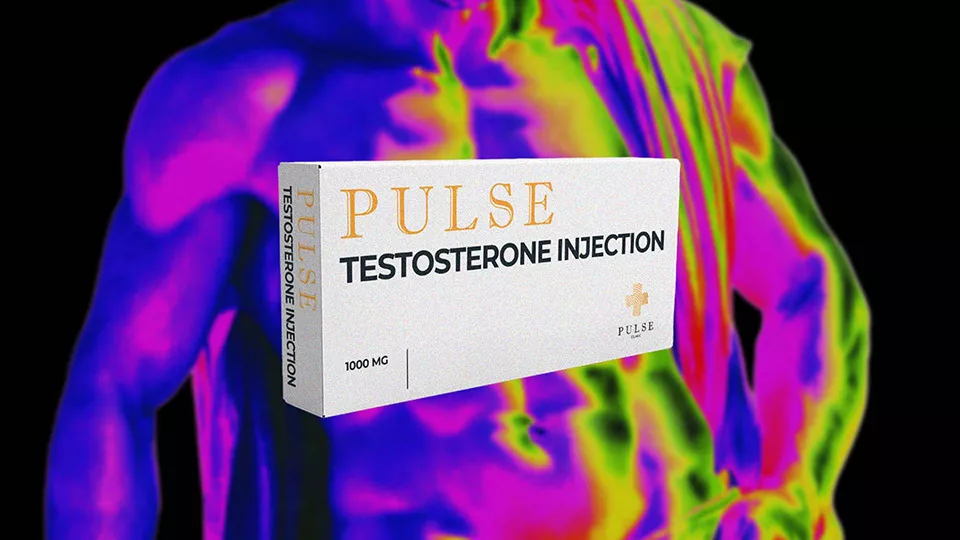Hypogonadism: What You Need to Know
2501
Causes, symptoms, and treatments for hypogonadism, a hormonal disorder impacting quality of life. See how timely diagnosis and management matter.

Hypogonadism: What You Need to Know
Hypogonadism is a medical condition characterized by decreased or absent function of the gonads, which are the testes in males and ovaries in females. This condition can manifest at any age and can significantly impact a person's physical development, sexual health, and overall well-being. Understanding hypogonadism, its causes, symptoms, and available treatments is crucial for both affected individuals and healthcare providers.
If you're considering taking hormone therapy treatment for Hypogonadism, contact us at info.bkk@pulse-clinic.com or any of the following platforms for more information.
![]() +66 65 237 1936
+66 65 237 1936  @PULSEClinic
@PULSEClinic ![]() PulseClinic
PulseClinic
What Causes Hypogonadism?
Hypogonadism can be classified into two main types: primary and secondary.
- Primary Hypogonadism: This occurs when there is a problem with the testes or ovaries themselves. Causes include genetic disorders (such as Turner syndrome or Klinefelter syndrome), undescended testicles, chemotherapy or radiation therapy, certain infections (mumps orchitis), or trauma.
- Secondary Hypogonadism: This type is due to a problem with the hypothalamus or pituitary gland in the brain, which regulate hormone production in the gonads. Causes may include tumors, head trauma, certain medications, or disorders affecting the hypothalamus or pituitary gland.
Signs and Symptoms
The symptoms of hypogonadism can vary depending on the age of onset and severity of the condition.
In male hypogonadism, symptoms may include:
- Delayed puberty: Lack of development of secondary sexual characteristics such as facial hair, deepening of the voice, and muscle mass.
- Erectile dysfunction: Difficulty achieving or maintaining an erection.
- Infertility: Inability to conceive a child.
- Decreased libido: Reduced interest in sexual activity.
- Fatigue: Persistent tiredness and lack of energy.
In females hypogonadism, symptoms may include:
- Delayed puberty: Lack of breast development, menstruation, and growth spurts during adolescence.
- Irregular menstruation: Infrequent or absent menstrual periods.
- Hot flashes: Sudden feelings of warmth, often accompanied by sweating and flushing.
- Decreased libido: Reduced interest in sexual activity.
- Vaginal dryness: Lack of lubrication during sexual intercourse.
Add us on Line and stay in touch.
Diagnosis and Treatment
Diagnosing hypogonadism involves a thorough medical history, physical examination, and hormone testing. Blood tests to measure levels of testosterone (in males) and estrogen (in females), as well as follicle-stimulating hormone (FSH) and luteinizing hormone (LH), are typically conducted to assess gonadal function.
Treatment for hypogonadism aims to replace deficient hormones and address underlying causes. In males, testosterone replacement therapy (TRT) is the primary treatment, administered through injections, patches, gels, or implants. In females, hormone therapy with estrogen and progesterone may be prescribed to restore hormone levels and alleviate symptoms.
For individuals with primary hypogonadism, fertility options such as assisted reproductive technologies (ART) may be explored to achieve pregnancy. Treatment options for secondary hypogonadism resulting from pituitary or hypothalamic disorders may include medication or surgery to address the underlying condition.
Lifestyle Considerations
In addition to medical treatment, lifestyle modifications can also play a significant role in managing hypogonadism. Maintaining a healthy diet, engaging in regular exercise, managing stress levels, and getting adequate sleep can help support overall hormonal balance and improve symptoms. Avoiding excessive alcohol consumption and illicit drug use is also important, as these substances can further disrupt hormone levels.
Conclusion
Hypogonadism is a complex medical condition that can have profound effects on physical and emotional health. Timely diagnosis and appropriate treatment are essential for managing symptoms, preventing complications, and optimizing the quality of life for affected individuals. By understanding the causes, symptoms, and treatment options for hypogonadism, both patients and healthcare providers can work together to effectively address this condition and promote long-term well-being.
PULSE Clinic Branches
![]() Thailand
Thailand
PULSE Clinic Silom Bangkok info.bkk@pulse-clinic.com Tel: +66 65237 1936 or WhatsApp
![]() or LINE official account
or LINE official account ![]()
PULSE Clinic Nana Bangkok info.bkk@pulse-clinic.com Tel: +66 95915 6385 or WhatsApp ![]() or LINE official account
or LINE official account ![]()
PULSE Clinic Patong Beach, Phuketinfo.phuket@pulse-clinic.com Tel: +66 95261 5282 or WhatsApp
![]() or LINE official account
or LINE official account ![]()
PULSE Clinic Sukhumvit 37,info.bkk@pulse-clinic.com Tel: +66 92497 9353 or WhatsApp
![]() or LINE official account
or LINE official account ![]()
PULSE Clinic Airport Link Phayathai, Bangkok info.bkk@pulse-clinic.com Tel : +66842426292
PULSE Clinic Asoke – Executive Health center Asoke, Bangkok info@eu-health.org Tel :+6664 742 6528 or WhatsApp
![]() or LINE official account
or LINE official account ![]()
PULSE Clinic South Pattaya info.bkk@pulse-clinic.com Tel :+66 62 828 7969 or WhatsApp
![]() or LINE official account
or LINE official account ![]()
PULSE Clinic North Pattaya info.bkk@pulse-clinic.com Tel :+66 62 828 7969 or WhatsApp
![]() or LINE official account
or LINE official account ![]()
PULSE Clinic Nimman Chiang Mai info.cnx@pulse-clinic.com Tel: +66 99479 7168 or WhatsApp ![]() or LINE official account
or LINE official account ![]()
![]() Malaysia
Malaysia
PULSE Clinic Bukit Bintang, Kuala Lumpur info.kl@pulse-clinic.com Tel: +60321102122, Whatsapp +601165388678
PULSE Clinic Bangsar, Kuala Lumpur info.kl@pulse-clinic.com Tel: +60321102122, Whatsapp +601165388678
Hong Kong
PULSE Clinic Central, Hong Kong info.hk@pulse-clinic.com Tel: +852 2389 8250
![]() Singapore
Singapore
PULSE Clinic Tanjong Pagar, Singapore info.sg@pulse-clinic.com Tel: +65 6974 59190 or WhatsApp
![]()
![]() Philippines
Philippines
PULSE Clinic Manila, Philippines info.ph@pulse-clinic.com Tel: +63 91712454970 or WhatsApp
![]() or LINE official account
or LINE official account ![]()
We’re here to help
With whatever you’re experiencing, you are not alone. PULSE Social Enterprise is here for any concerns and questions that you might have about your health.
From general wellness to mental well-being to sexual health, we will be sure to give you fast, reliable, and safe diagnosis, treatment, and consultation.
Add us on Line and stay in touch.









